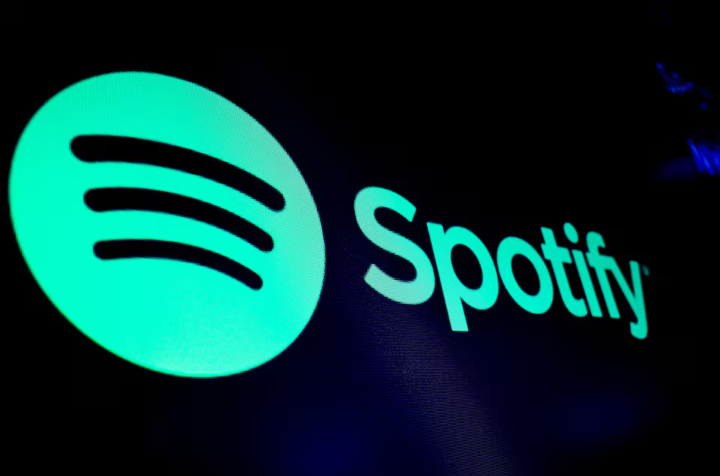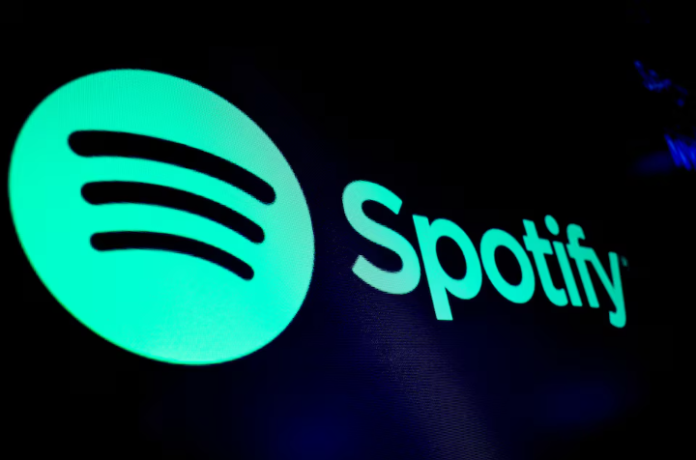Spotify, the global music streaming giant, saw its shares tumble by 8% in pre-market trading on Tuesday after it projected a lower-than-expected operating profit for the second quarter of 2025. The forecast cast a shadow over otherwise positive news about its subscriber growth and product innovations.
The company reported an operating profit of €509 million for the first quarter, falling short of analysts’ expectations. The miss was primarily attributed to higher payroll taxes in several countries, linked to increased employee salaries and benefits.
Spotify’s second-quarter outlook isn’t faring much better. It expects operating income of €539 million, below the €557.5 million consensus forecast compiled by LSEG. This has raised some concerns among investors, especially as Spotify continues to face stiff competition from other streaming powerhouses like Apple Music and Amazon Music.
Despite the earnings shortfall, Spotify posted impressive user metrics. Its premium subscriber count jumped by 12% to reach 268 million—surpassing expectations of 265.3 million. Monthly active users (MAUs) also climbed to 678 million, beating forecasts of 671.9 million. For the second quarter, the company predicts its MAUs will grow to 689 million and its premium subscribers to 273 million, both slightly ahead of analyst projections.
CEO Daniel Ek addressed the concerns head-on, noting that while short-term financial noise may affect the numbers, the company remains optimistic about its long-term trajectory.

“The underlying data at the moment is very healthy. Engagement remains high, retention is strong, and thanks to our freemium model, people have the flexibility to stay with us even when things feel more uncertain,” Ek stated.
Spotify’s growth strategy includes ramping up its use of artificial intelligence. One standout feature is its AI Playlist tool, which allows users to generate customized playlists from simple text prompts. The feature has now expanded into more than 40 new markets, showing Spotify’s commitment to innovation and personalization.
Revenue for the first quarter rose by 15% to €4.19 billion, just shy of the €4.20 billion forecast. For the upcoming quarter, Spotify expects to generate €4.3 billion in revenue, aligning with analysts’ expectations.
While the dip in share price reflects concerns over profitability, Spotify’s core user metrics tell a different story—one of growing influence, smart innovation, and strong customer retention. The road ahead may have bumps, but Spotify is clearly focused on long-term growth, underpinned by its robust platform and global reach.



